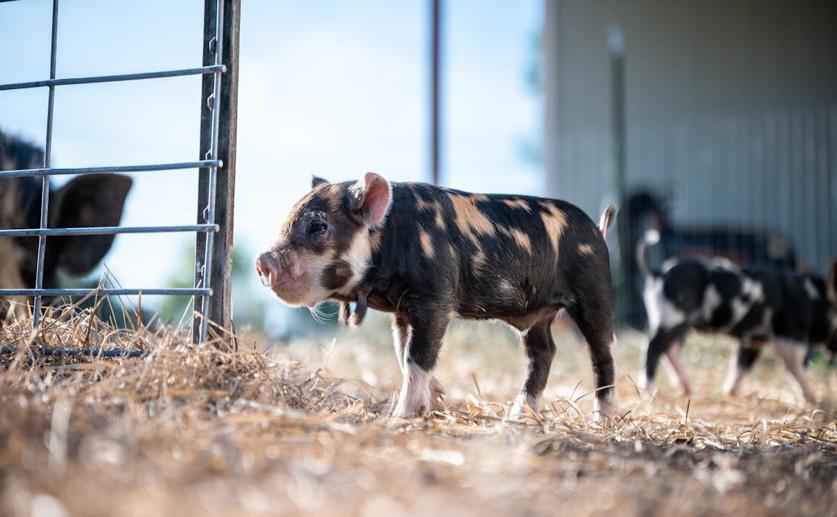
Impact of No Antibiotics on Piglet Gut Health Post-Weaning
Jenn Hoskins
17th April, 2024

Key Findings
- The study, conducted on commercial pig farms, examined how piglet gut bacteria change post-weaning, especially regarding post-weaning diarrhea (PWD)
- Piglets receiving antibiotics or zinc oxide (ZnO) showed different gut bacteria compositions compared to untreated piglets
- Understanding these bacterial changes can help develop new strategies to manage PWD without antibiotics or high doses of ZnO
BiotechAgricultureAnimal Science
References
Main Study
1) Effects of removing in-feed antibiotics and zinc oxide on the taxonomy and functionality of the microbiota in post weaning pigs
Published 16th April, 2024
https://doi.org/10.1186/s42523-024-00306-7
Related Studies
2) Dietary ZnO nanoparticles alters intestinal microbiota and inflammation response in weaned piglets.
3) Gut microbiome stability and resilience: elucidating the response to perturbations in order to modulate gut health.
4) Effects of reducing dietary crude protein concentration and supplementation with laminarin or zinc oxide on the faecal scores and colonic microbiota in newly weaned pigs.
5) Microbiota-Gut-Brain Axis: Modulator of Host Metabolism and Appetite.



 21st February, 2024 | Jim Crocker
21st February, 2024 | Jim Crocker